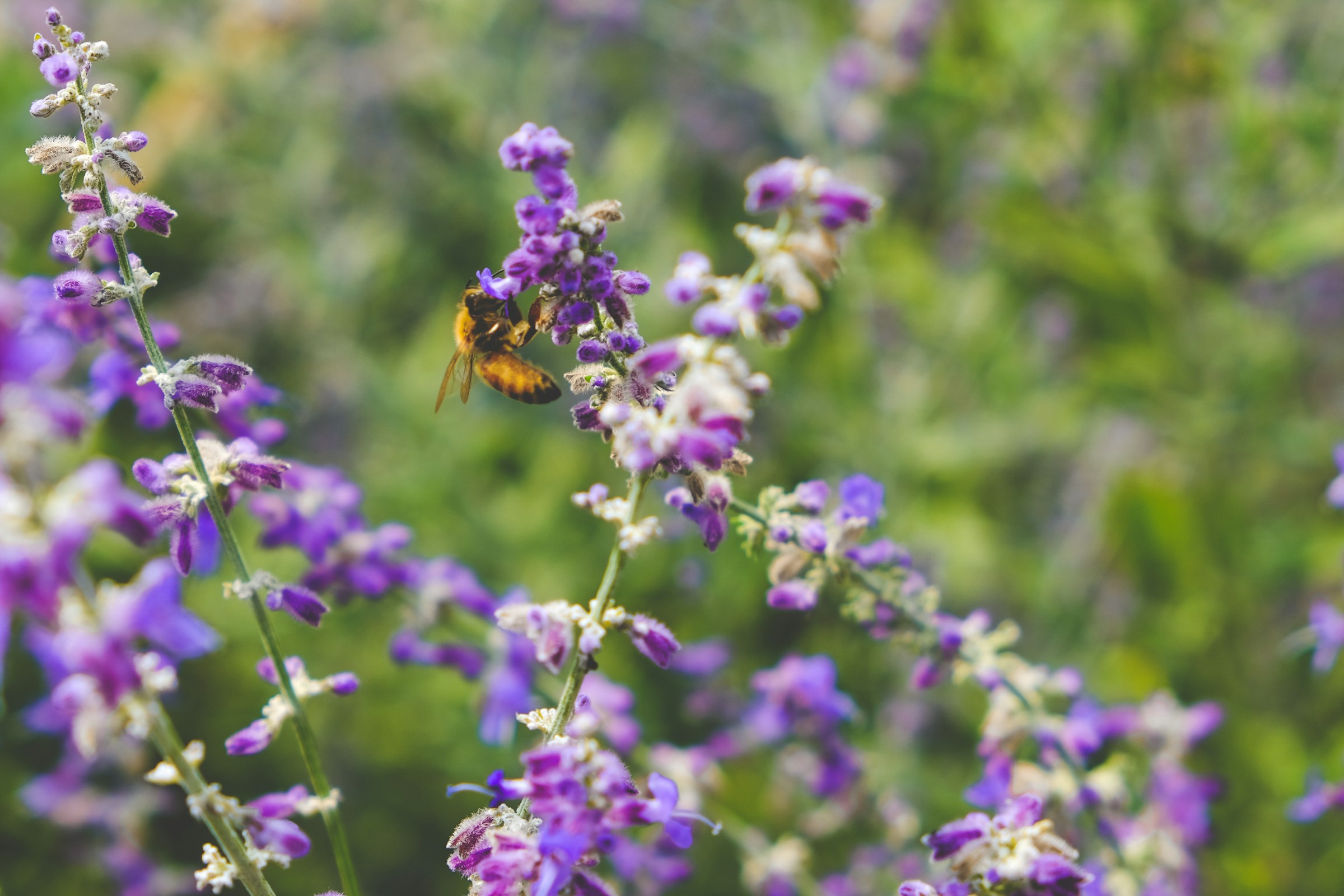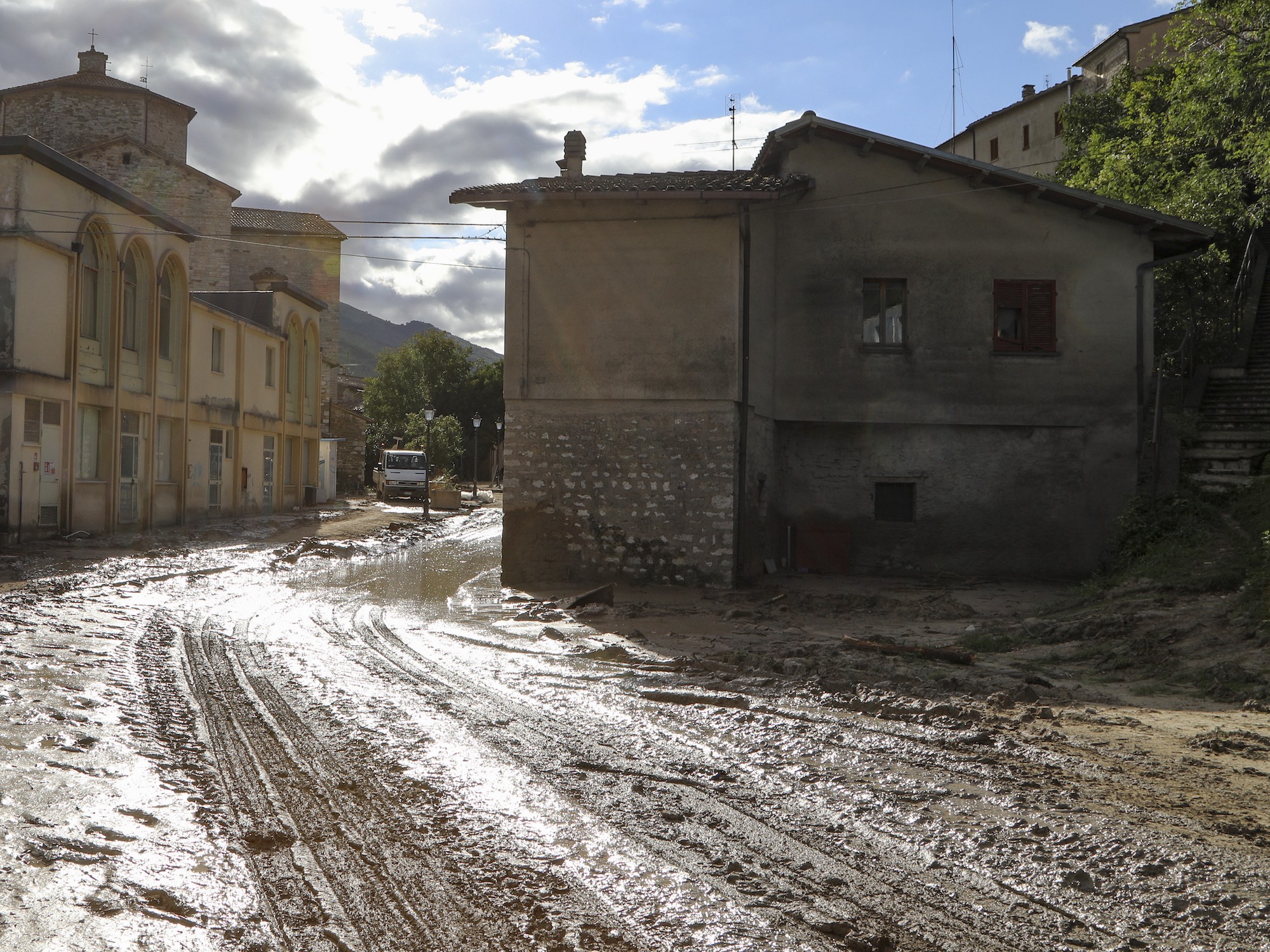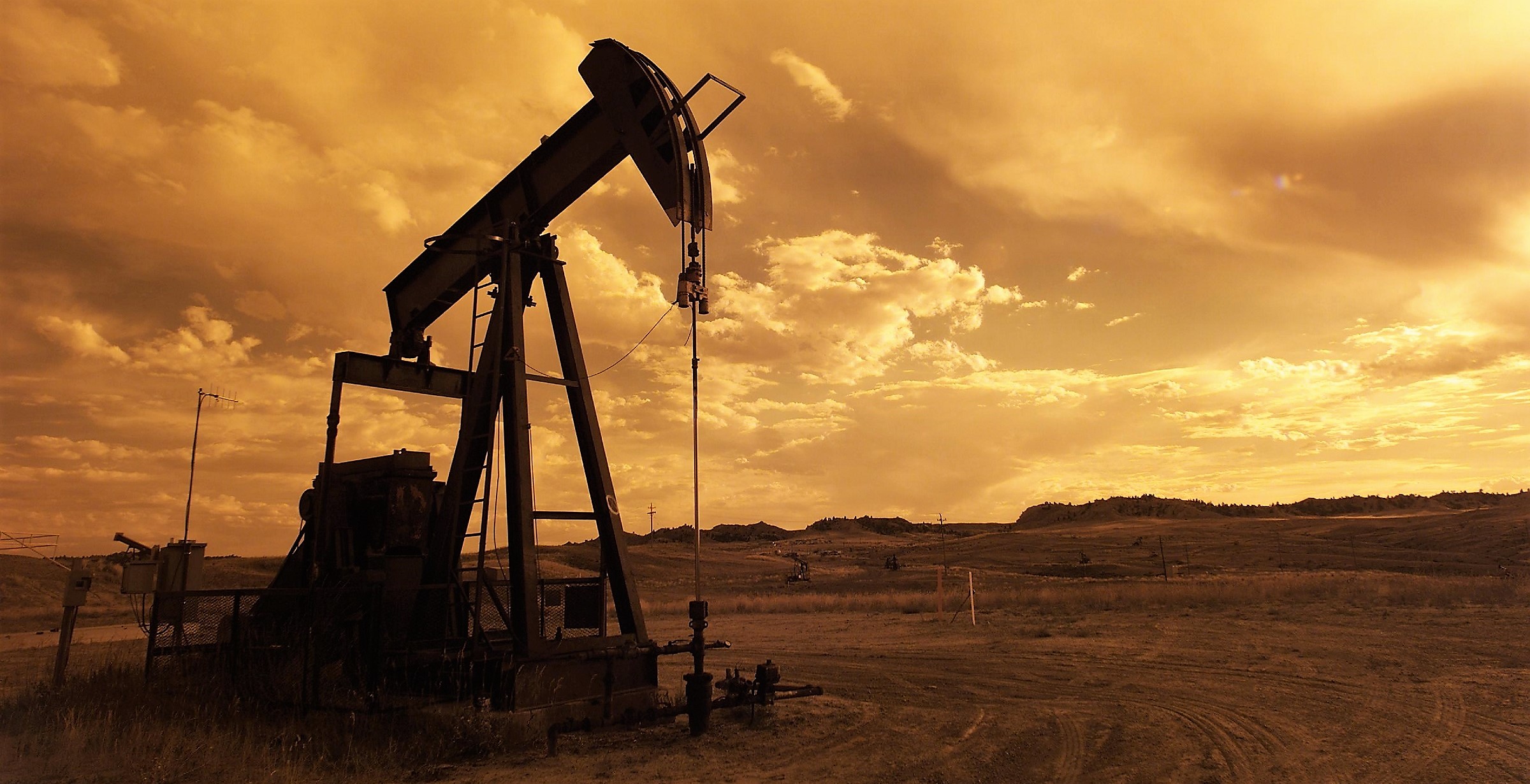The agriculture, forestry, and other land use (AFOLU) sector contributes nearly a quarter of global emissions in the form of deforestation, soil degradation, and livestock production. However, AFOLU also offers opportunities for mitigation through carbon sequestration via reforestation, soil carbon storage, and sustainable farming practices.
“The theme of agriculture is not at the center of COP29 and yet remains of significant importance as it represents a crucial transition point towards COP30 in Brazil,” says CMCC researcher Matteo Bellotta, who explains that at the AFOLU issues are expected to be central to the negotiation debate in a year’s time.
To date the COP negotiations have set a roadmap for the sector through the inclusion of AFOLU in the Global Stocktake, ensuring that it will play a key role in shaping climate action in the future. This inclusion ensures that land use, agriculture, and forestry are systematically incorporated into national emissions reductions targets and adaptation strategies.
“The Global Stocktake will monitor progress, pushing countries to commit to more ambitious AFOLU-related actions,” continues Bellotta. “Countries are expected to strengthen policies for sustainable land use, while also addressing the need for integrated solutions that balance emissions reductions, food security, and biodiversity.”
An approach that should help set the stage for more focused AFOLU negotiations in COP30, with a clearer path toward climate sustainability in land-use practices and building on the Sharm el-Sheikh joint work on agriculture and food security, launched at COP27, which recognized agriculture’s potential to combat climate change while ensuring food security by emphasizing the role of farmers, especially smallholders, and acknowledging that solutions must be context-specific.
“Research is vital in optimizing AFOLU solutions, identifying climate-resilient crops, improving land management, and advancing sustainable practices,” continues Bellotta whose work at CMCC contributes to AFOLU issues through research on climate change impacts, mitigation, and adaptation strategies for the sector, as well as playing a key role in quantifying its CO2 emissions through projects and advanced modeling tools.
By allowing decision makers to track emissions, research can guide policy and provide evidence on the benefits of sustainable land use, helping reduce emissions, and promote resilience to climate change. CMCC also supports the transition toward sustainable, safe, healthy, and inclusive food systems by participating in the implementation of innovative projects like SIMPLe that look at integrated and automated systems for indoor farming, or by participating in European projects of Farm to fork strategy such as SWITCH.
By providing scientific evidence to be used as the basis for policy recommendations, CMCC helps shape strategies that align agricultural practices with climate and sustainability goals, fostering the transition towards more sustainable food systems.
“COP29 must lay the groundwork for COP30 by prioritizing sustainable land-use strategies and ensuring stronger commitments to reducing emissions from agriculture, forestry, and land use,” says Bellotta who sees the development of a portal for sharing information on projects, initiatives and policies on AFOLU as a key development in the advancement of AFOLU targets, with a strong emphasis on protecting forests, promoting sustainable agriculture, and protecting biodiversity






